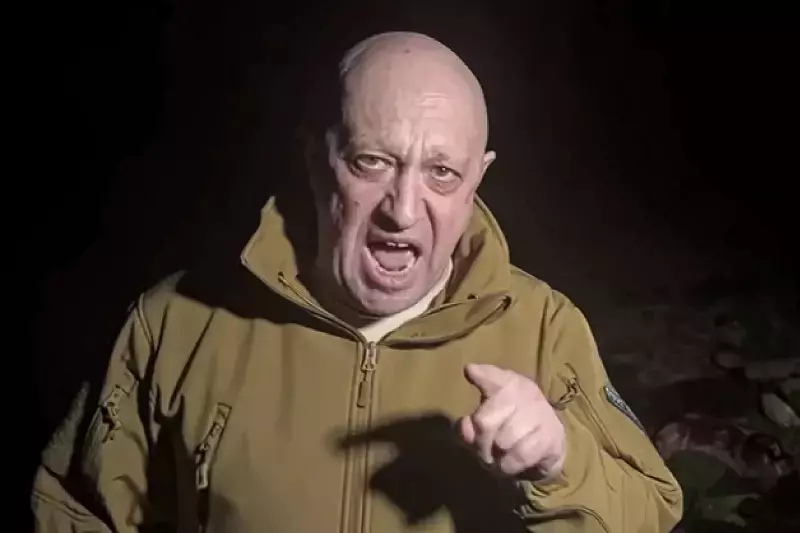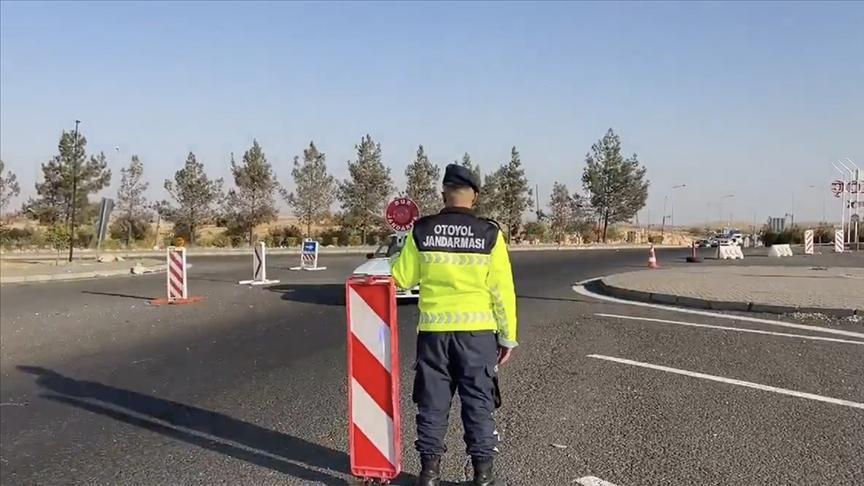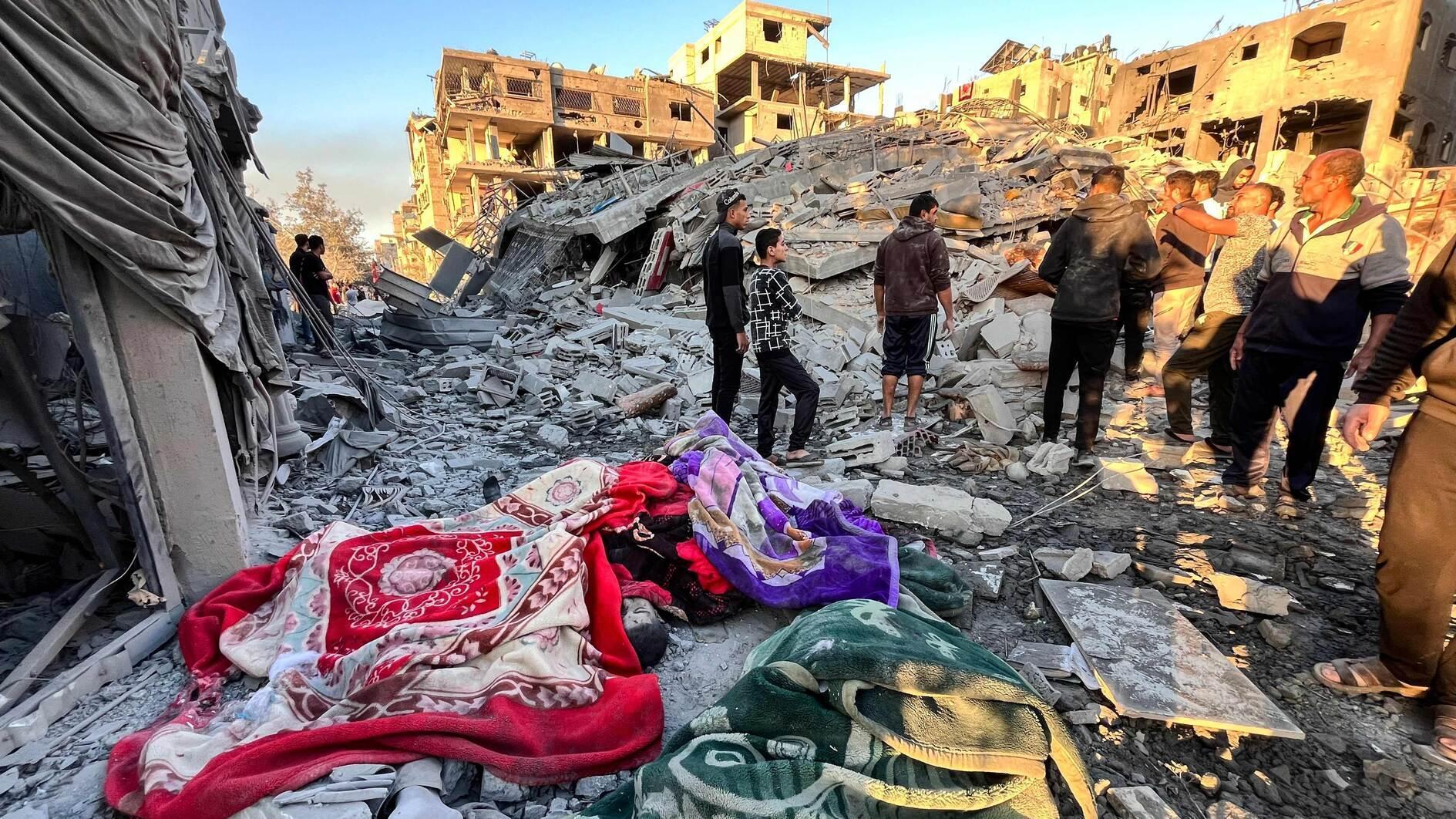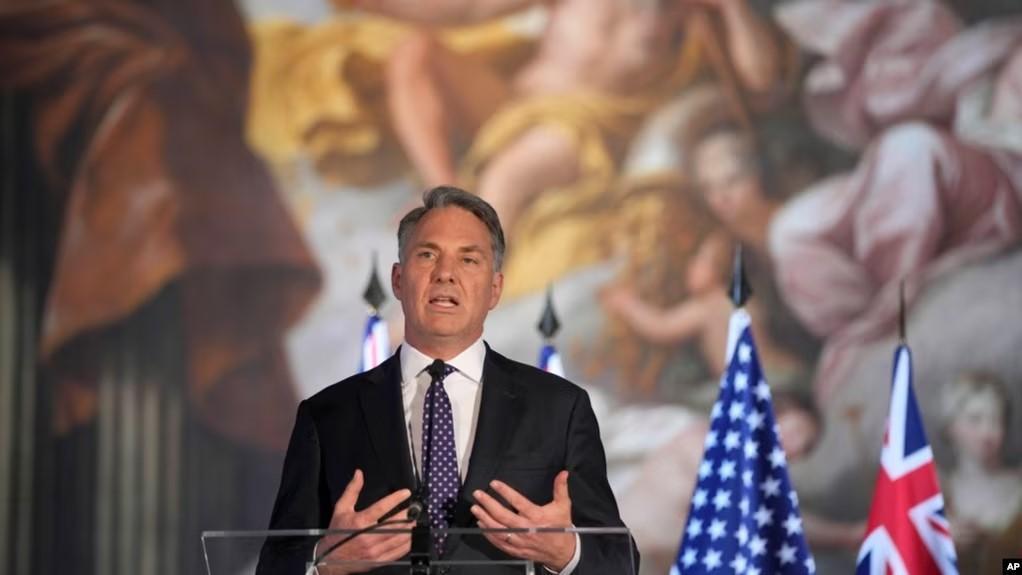Wagner chief Prigozhin presumed dead in plane crash
MOSCOW

An investigation was underway in Russia on Thursday into a plane crash that left Wagner boss Yevgeny Prigozhin presumed dead -- two months after his rebellion against the country's military leaders -- fuelling speculation about a possible assassination.
A day after a private jet on which Prigozhin was registered crashed between Moscow and Saint Petersburg, Russia had still not confirmed the warlord's death.
Moscow said all ten people onboard were likely killed, and opened a criminal case into violations of air traffic rules.
President Vladimir Putin, who in June faced the biggest challenge in his more than two-decade rule as Prigozhin led an armed mutiny, has not spoken publicly on the crash.
During the rebellion on June 23-24, Putin gave an address to Russians in which he called Prigozhin -- once his ally -- a "traitor".
But Western leaders reacted, with US President Joe Biden saying "I don't know for a fact what happened... there's not much that happens in Russia that Putin's not behind".
France saw "reasonable doubts" about the crash, with a government spokesman agreeing with Biden's assessment.
Even influential pro-Kremlin figures, such as state television personality and Putin ally Margarita Simonyan, seemed to suggest that it could have been an assassination.
"Among the versions that are being discussed (about the crash) is that it was staged. But personally, I'm leaning towards the more obvious one," she said on social media.
In June, Prigozhin had sent his fighters marching onto Moscow to unseat Russia's top generals in a dramatic 48 hours that shook Putin's authority.
Prigozhin had for months complained about the way Moscow's offensive in Ukraine was being led, where his fighters were often spearheading battles.
In Ukraine, some people rejoiced at the apparent death of a man whose fighters were known for exceptionally cruel efforts.
"I feel really happy that this person died, if it is true," government worker Iryna Kuchina told AFP in central Kyiv.
"Let's hope that it is."
Russia's aviation authority published a list of names that were onboard the Embraer Legacy plane late on Wednesday.
It included Prigozhin and his right-hand man Dmitry Utkin -- a shadowy figure who managed Wagner's operations and allegedly served in Russian military intelligence.
Three crew members were among the dead, including the only woman onboard: a stewardess identified as Kristina Raspopova.
Little is known about the rest of the passengers, with Russian media saying most were Wagner mercenaries.
On the site near the village of Kuzhenkino, some 350 kilometres (220 miles) north of Moscow in the Tver region, Russian police patrolled the area, with some masked men carrying rifles.
The plane was flying from Moscow to Saint Petersburg, where Wagner's headquarters are based.
The Flightradar24 tracker website said the plane appeared on their radar until the last 30 seconds, and descended "dramatically" around 15:20 GMT.
Some Wagner-linked Telegram channels had initially suggested that the plane was shot down by Russian air defence, on a day when Kyiv hit Russia with more drone attacks.
The Russian army, which had a fierce rivalry with Prigozhin, had also not commented on the crash.
In Russia's second-largest city of Saint Petersburg, native to both Putin and Prigozhin, some Wagner supporters came to the private military group's offices to mourn the fighter chief.
People laid flowers and patches bearing the Wagner skull logo at a makeshift memorial outside the mercenary group's headquarters, AFP journalists said.
"Guys, we just have no words right now," said a masked man and alleged members of Wagner at the site.
"Let's support Yevgeny Viktorovich (Prigozhin) and all our commanders. We need your support now."
Wagner offices were still operating and even recruiting in Russia after Prigozhin's rebellion, which saw his men take over a military headquarters in the southern city of Rostov-on-Don and march on Moscow.
In Siberia's Novosibirsk, a region from where Wagner heavily recruited, people also laid flowers at the company's headquarters.
Men in military fatigues with the Wagner skull insignia on their shoulders placed flowers near portraits of Prigozhin and Utkin.
Prigozhin's fate had remained unclear since his mutiny was halted by a highly unusual deal brokered by neighbouring Belarus, which involved Prigozhin and his fighters going into exile in the Moscow-allied country.
The Kremlin had "guaranteed" that Prigozhin would not face criminal charges for the rebellion and be allowed to live in Belarus.
The deal raised eyebrows, with Putin not usually settling for such a compromise.
In Belarus, the fate of the remaining Wagner fighters there also remained unclear. Minsk has for weeks played up the presence of the fighters, saying it had set up a camp for them.
Svetlana Tikhanovskaya, the exiled opposition leader of Belarus, said Prigozhin would not be missed in her country.
"He was a murderer and should be remembered as such," she said on social media.
















